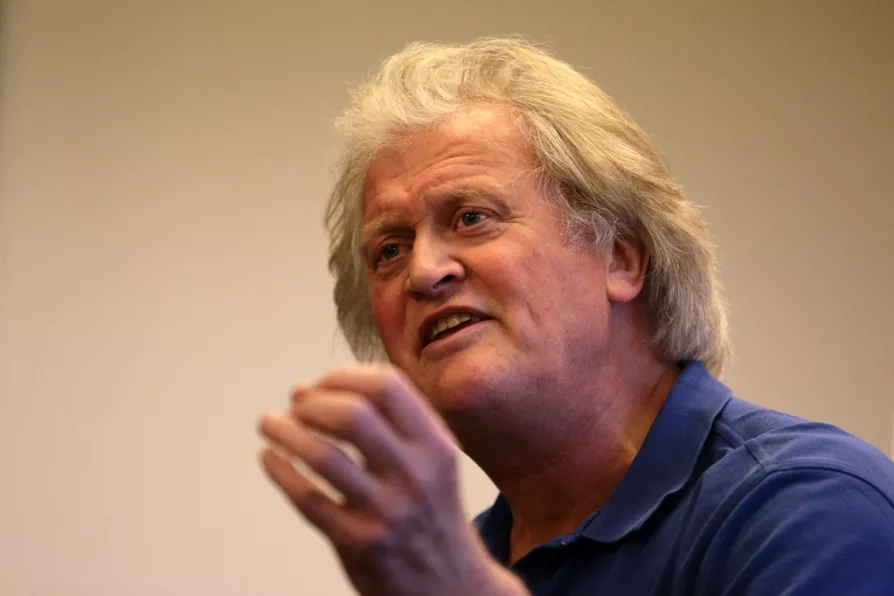The Carpathia isn’t coming to rescue this government still swimming in the mire, writes LINDA PENTZ GUNTER

 Wetherspoon boss Tim Martin
Wetherspoon boss Tim Martin
WORKERS at pub chain JD Wetherspoon joined crew from McDonald’s and TGI Friday’s and riders from UberEats this week for an unprecedented day of strike action.
It was a rebellion against low pay, zero-hours contracts, phoney self-employment and other abuses in the fast-food and service sector.
Earlier this week, one of the bigger meetings on the Conservative fringe, addressed by both Work and Pensions Secretary Esther McVey former work and pensions secretary and big man on the Tory right Iain Duncan Smith, considered the big question of “Is the Conservative Party making work pay?”

CWU leader DAVE WARD tells Ben Chacko a strategy to unite workers on class lines is needed – and sectoral collective bargaining must be at its heart

Reform’s rise speaks to a deep crisis in Establishment parties – but relies on appealing to social and economic grievances the left should make its own, argues NICK WRIGHT

JOE GILL looks at research on the reasons people voted as they did last week and concludes Labour is finished unless it ditches Starmer and changes course












